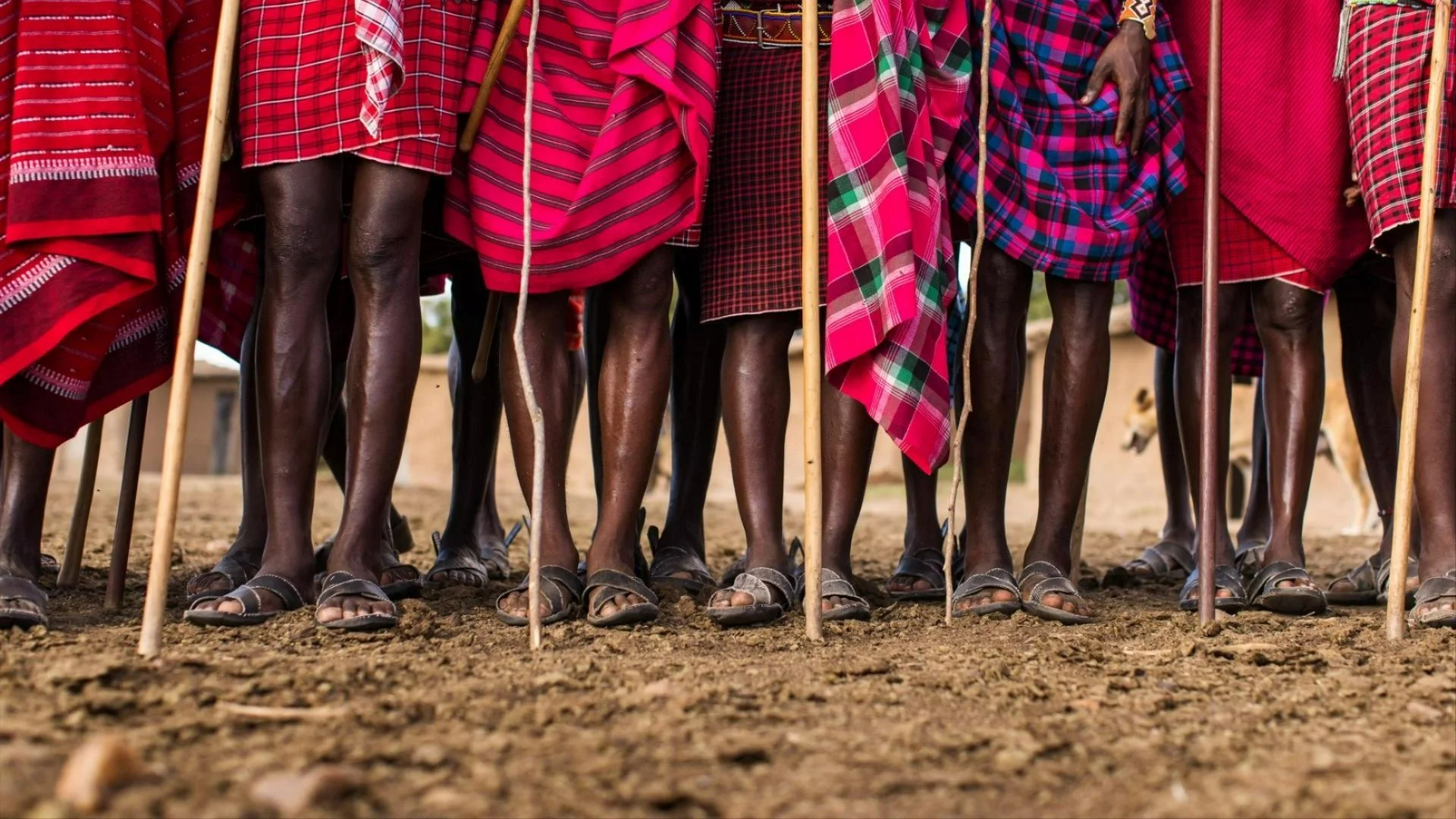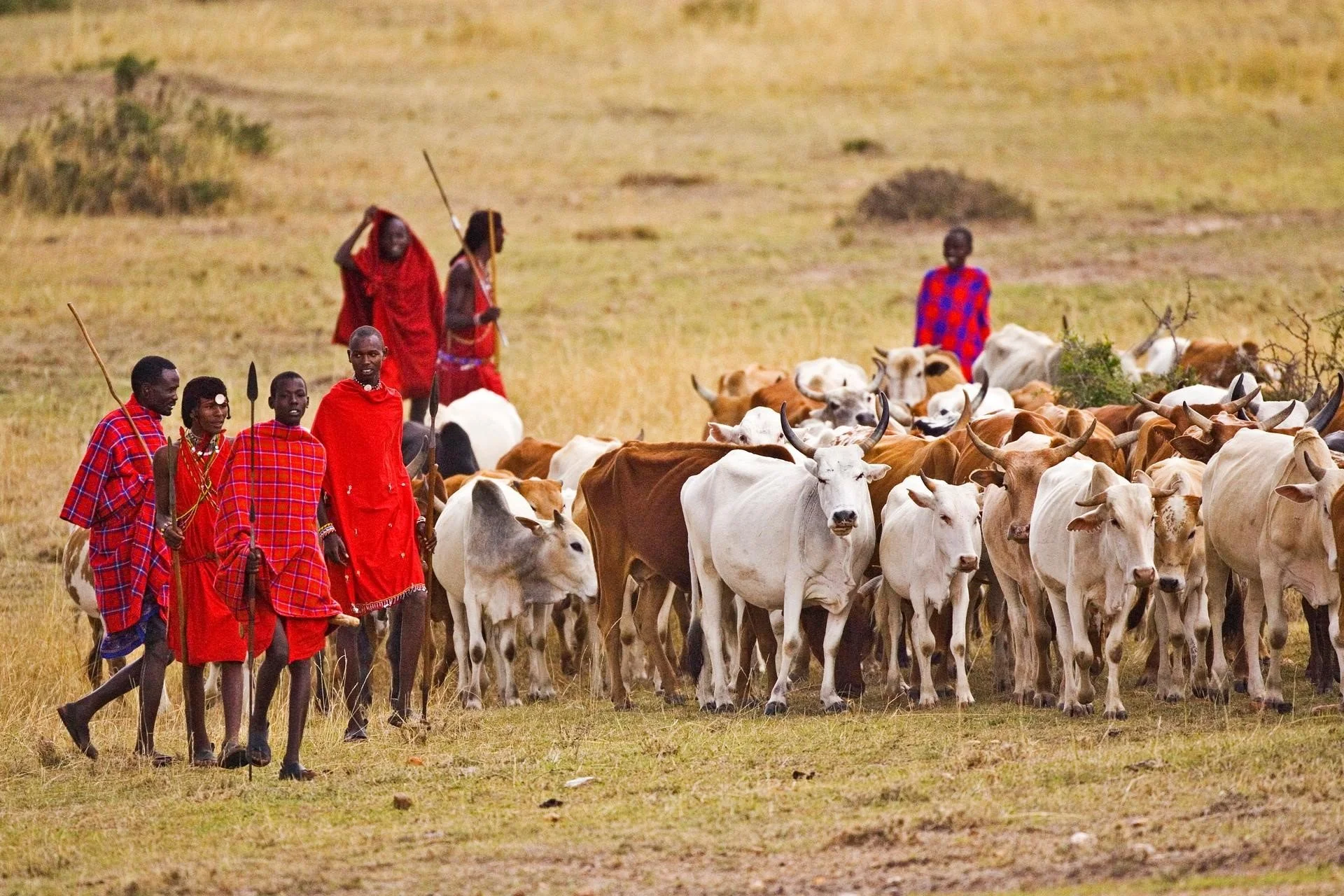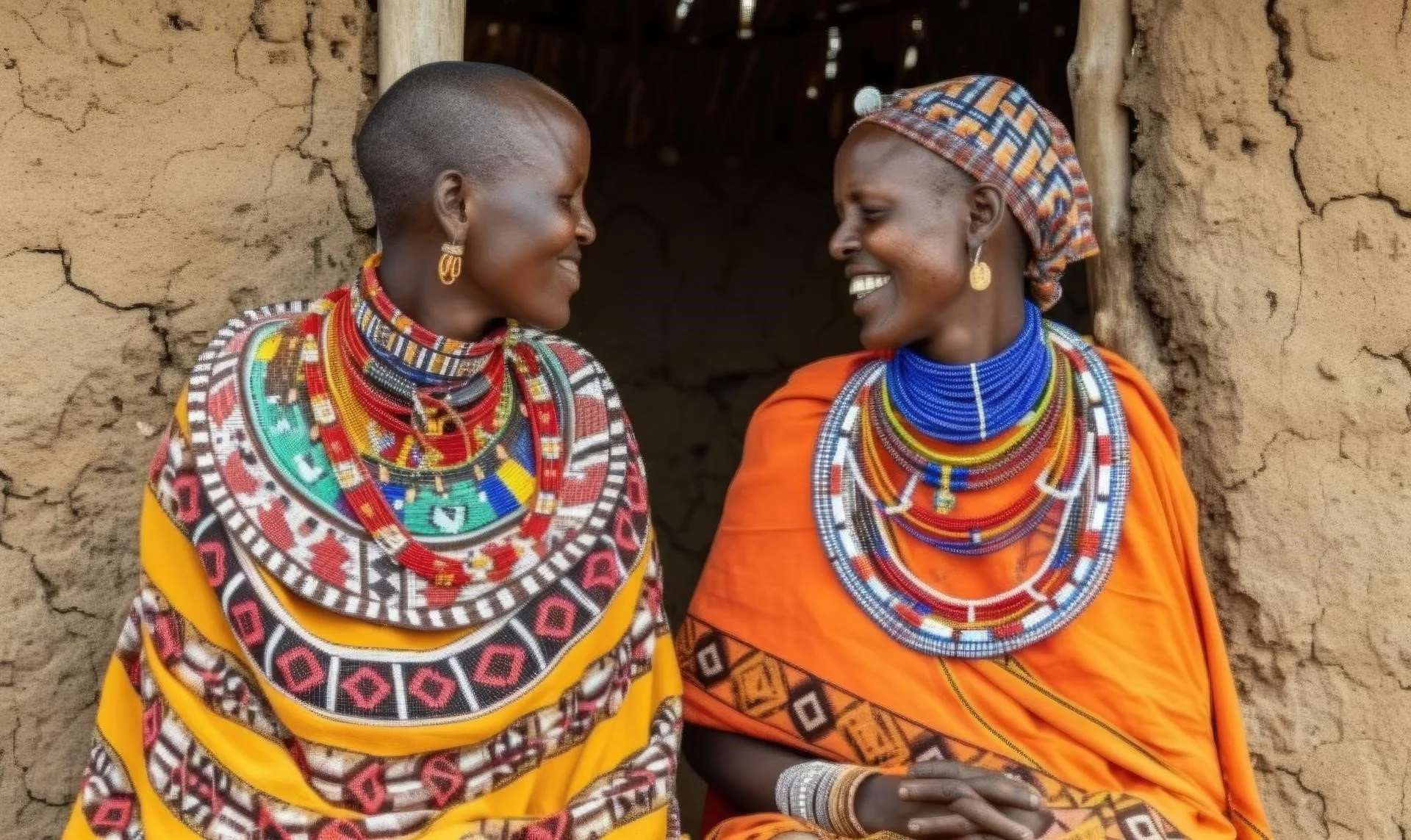Driving through Kenya is an experience, to say the least. From the beautiful scenery to the poverty-ridden slums, the land tells a story. Many who have traveled to Kenya also know the "experience" of being stopped in their vehicle for hours at a time, waiting for cows to cross the road. A bit different than America, am I right? Well, those cows belong to the Maasai, Kenya's most well-known tribe.




